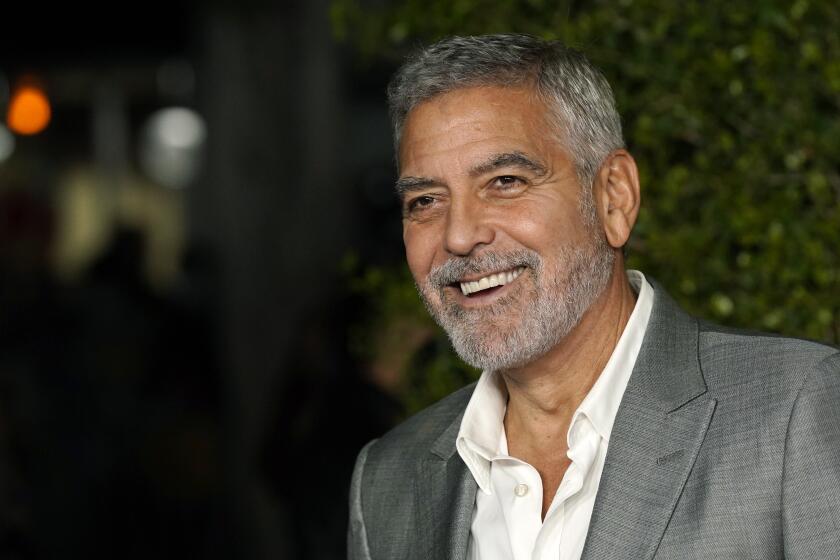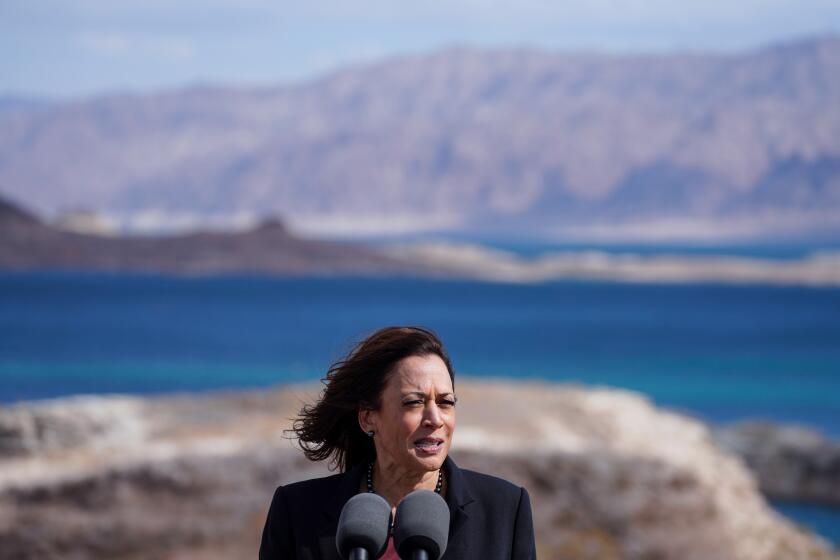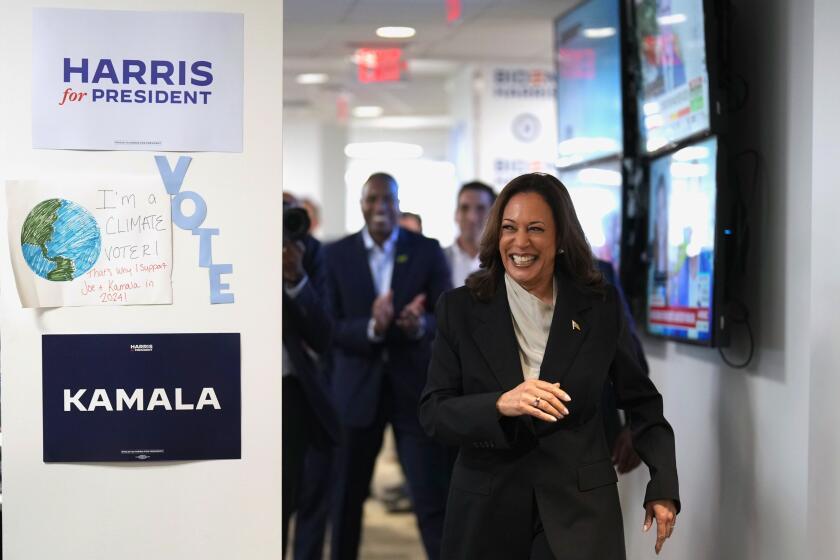EU adopts trade sanctions against Iran
The European Union formally adopted harsh and unprecedented restrictions on trade with Iran on Monday in an effort to pressure Tehran to comply with international demands to curb its nuclear development program, which Western governments and analysts believe is aimed at building nuclear weapons.
The sanctions bring the European Union closer to the United States’ position on trade with Iran, though they are not as sweeping as the strict measures Washington has imposed banning almost all commerce with the Islamic Republic. Europe, however, has far more dealings with Iran than does the U.S., which cut off ties to 31 years ago, making the new restrictions potentially far more biting.
The 27-nation European Union represents half a billion people. And although Iran, which has some of the world’s largest oil and natural gas reserves, can still deal with Asian nations for raw materials and refined petroleum, it will be hard-pressed to find European-caliber spare parts, finely honed machinery and technical know-how as well as financial services under the new sanctions.
EU foreign policy chief Catherine Ashton said the sanctions sent “a powerful message to Iran: that message is their nuclear program is a cause of serious and growing concern.”
Iran, which insists its nuclear program is solely for civilian energy purposes, has previously counted on divisions among the U.S., European Union members, Russia and China to water down international sanctions. But it has recently found itself with fewer friends among world powers. Not only are the U.S. and Europe moving closer, but Russia has also been locked in a war of words with Tehran after Iranian President Mahmoud Ahmadinejad accused his Russian counterpart, Dmitry Medvedev, of kowtowing to the West. Moscow denounced Ahmadinejad’s comments in a statement Monday as “unacceptable” and “pointless and irresponsible,” according to a Russian Foreign Ministry statement.
European foreign ministers meeting in Brussels on Monday demanded that Iran return to the talks in good faith nearly 10 months after intensive U.S.-backed talks in Geneva and Vienna went nowhere. Iranian Foreign Ministry spokesman Ramin Mehmanparast said the latest sanctions would “only complicate” ongoing negotiations, which Iran says it might resume in early September.
Ahmadinejad has warned of repercussions for Europe due to the sanctions, calling them signs of “weakness and backwardness.”
The new restrictions bar investment in Iran’s teetering but potentially lucrative energy sector, which is badly in need of upgrades and capital improvements, according to analysts. New rules restrict private-sector interactions with Iran’s transportation, insurance and finance sectors, making any commerce with the Islamic Republic — whether linked to Iran’s nuclear or weapons programs or not — nearly out of the question for midsize European firms. They also specifically prohibit any dealings with companies and individuals with alleged links to Iran’s elite Revolutionary Guard and its nuclear or missile programs.
More details of the newly adopted sanctions will be spelled out Tuesday and hammered out in the weeks ahead by lawyers, lobbyists and lawmakers. Policymakers already faced an immediate challenge to the sanctions by non-EU member Turkey, which has extensive ties to both Iran and Europe and vowed to ignore the restrictions.
“The facilitation of trade that is not prohibited under U.N. resolution should and will continue,” Turkish Finance Minister Mehmet Simsek told the Financial Times.
Separately in Vienna, diplomats were studying Iran’s formal reply Monday to concerns about a proposed deal to move the bulk of Iran’s nuclear fuel to Turkey in exchange for plates to power a medical reactor in Tehran.
The severity of the sanctions reflects the frustration by Western diplomats who’ve been seeking a compromise with Iran since its nuclear program became a matter of international concern in 2003. “They’ve been working the issue much longer than the Americans have,” said Mark Fitzpatrick, a former State Department arms control expert now at the International Institute for Strategic Studies in London . “They’ve run into so much Iranian double-dealing and refusal to talk that they were collectively persuaded that this is the way to get Iran to the negotiating table.”
To get the sanctions in place, the much-maligned European super-government also had to confront the interests of vast conglomerates such as BP of Britain, Royal Dutch Shell of Holland and ENI of Italy. “This is the EU trying to stay on the world stage saying we’re back and we’re serious,” said Leigh Phillips, a reporter at EU Observer, a news outlet in Brussels.
A segment of European businesses and politicians have long argued that tightening rules on commerce in Iran would hurt middle-class Iranians seeking change and crush a burgeoning civil society. Swedish Foreign Minister Carl Bildt acknowledged Monday that “sanctions alone” won’t resolve the nuclear standoff.
But the violent and ongoing crackdown against opposition protesters and reformists since last year’s disputed presidential election and the continuing rise of radicals around Ahmadinejad cost Iran many advocates in European centers of commerce and politics, including among increasingly vocal Iranian expatriate communities in the West.
“There is almost zero resistance to the sanctions by big industries, who are themselves frustrated with the way business is done under Ahmadinejad,” said Walter Posch, an Iran expert at the German Institute for International and Security Affairs in Berlin. “The events that have unfolded in the last year created the impression in the Western business community that there is no hope in the future of Iran.”
Special correspondent Julia Damianova in Vienna and Janet Stobart in The Times’ London Bureau contributed to this report.
More to Read
Sign up for Essential California
The most important California stories and recommendations in your inbox every morning.
You may occasionally receive promotional content from the Los Angeles Times.






